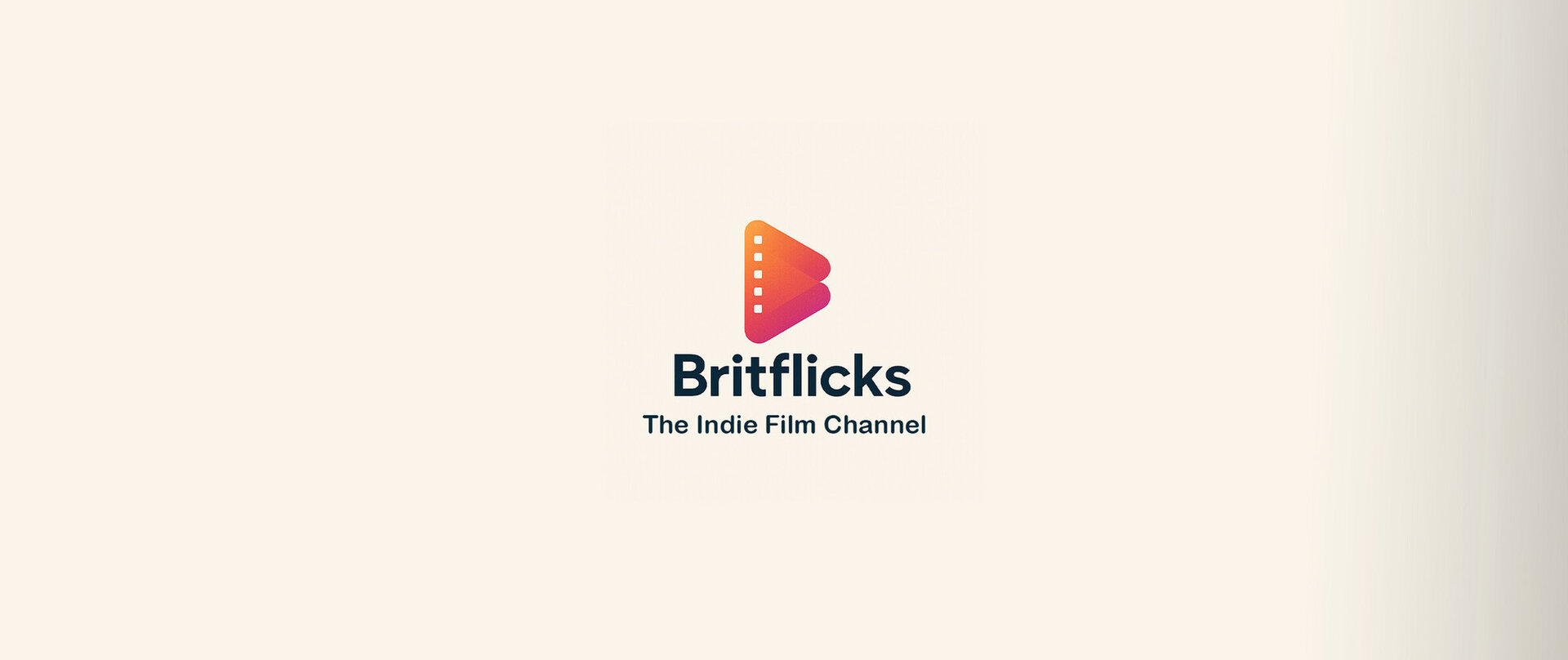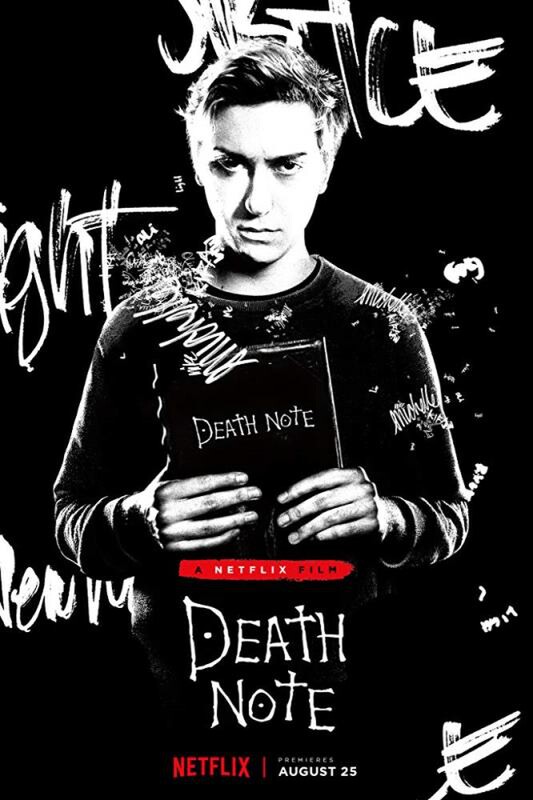Wingard’s takes full advantage of the bigger budget afforded him with grander, spectacular FX...
Since he popped his Frightfest cherry with 2011’s Discovery Screen hit ‘A Horrible Way To Die’ the prolific Adam Wingard has fast become a regular fixture here. Death Note is his fourth feature film (his other two are You’re Next, 2013 and The Guest, 2014) to grace the festival. It’s a live adaptation of a Manga comic by Tsugumi Ohba and Takeshi Obata.
Nat Wolff (The Fault In Our Stars, 2014) is Light Turner - a typical outsider, at a typical USA high school, where bullies rule and introverts keep their heads down. Respite arrives in the shape of fellow awkward youth Mia Sutton (Margaret Qualley, Nice Guys, 2015). One stormy, shitty day the ‘Death Note’ book comes into Light’s possession and so does the demonic figure of Riuk. The deal is simple, write the victim’s name in the book, imagine their face and describe how they should die. He shares his fantastic secret with Mia and together they use the book to rid the world of evil. As the saying goes: ‘with great power comes great responsibility’. Not something Light and Mia are really prepared for. The fast rising death toll is attributed to Light’s made up deity – Kira. This development attracts the attention of super sleuth L who sees through the Kira fiction and closes in on the main suspect - Light. The thrill of purging society of all its ills turns to the fear of being caught for mass murder – 100s have already died. “We’re not the good guys anymore,” decries Light at one point.
Willem Dafoe is wonderfully mischievous as Riuk. Get Out’s Lakeith Standfield is intense and measured in his seemingly obtuse search for truth and justice as the character of L.
Wingard’s takes full advantage of the bigger budget afforded him with grander, spectacular FX driven set pieces like a buckling ferris wheel at the end of pier. However, one of the most enjoyable cinematic moments is perhaps one of the most intimate. L’s interrogation-cum-initial confrontation of Light in a blue neon lit diner starts off wide and considered, but as the intensity ratchets up and the conflict reaches its peak Wingard assaults your senses with close up after close up of the two characters’ faces.
Musically, Wingard always makes interesting choices for his films. The Guest soundtrack felt like a replay of an old mixtape he loved. Chicago’s I Don’t Wanna Live Without Your Love and Jennifer Rush’s Power Of Love are highlights to note in this film.
Like W. W. Jacobs classic short story ‘The Monkey’s Paw’, Death Note revels in unpicking the cautionary tale of how quickly wish fulfilment can get out of control or how best intentions for the world should never be at the subjective whim of one person – least of all love struck teenagers.
Stuart Wright

